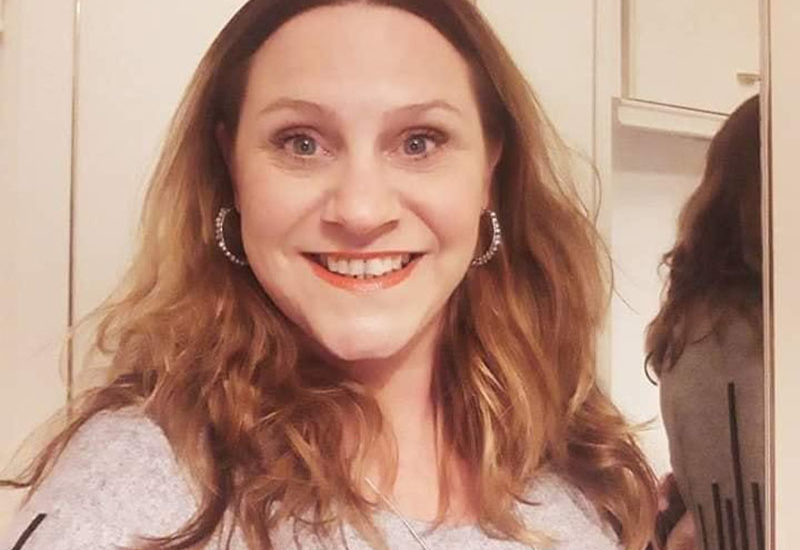Sarah Jane Day

Learning Disability Nursing BSc (Hons)
View the course- Year of study: Third year (final year – in 2021/22)
- Length of course: Three years
Why did you decide to study at the University of Northampton?
I’ve worked with adults with learning disabilities for the past 20 years and felt that I would like to become a nurse so that I could advocate and contribute to changing health inequalities for this population.
What are your career goals/aspirations?
I’d like to work within mental health services for people with learning disabilities, as there is a significant gap within specialised services.
How do you think your studies will help your career or personal development when you graduate?
I need to have a learning disability nursing degree, but also practice placements and theory will give me the knowledge and skills to go into these services.
Which, if any, skills and knowledge/understanding gained on your degree do you feel will be most useful in your future career?
Within our theory sessions, the nursing lecturers continuously speak about how it’s the Nursing and Midwifery Council’s (NMC) requirement of registration that nurses reflect on their clinical practice and work within the scope of the evidence base. Evidence base practice allows for the optimisation of effective safe patient care, preferences and values, and it is incorporated within clinical decision making and improving practice.
Knowledge, skills and competencies, through education and practice experiences, result in delivering good quality patient care, as well as reflecting on your practice through reflective theory.
Does your course have a placement?
Yes, I’ve had a placement with the community teams and St Andrews Healthcare, learning how I would be a key worker case worker for the service users or patients that I am to support.
What were the benefits of doing a placement?
It’s given me a scope of the different services for people with learning disabilities and where I would like to work when qualified.
What employability skills did you develop during your placement?
Resilience, prioritising workload, compassion, confidence, competence, knowledge and skills within the services I have had placements within.
How do you think the placement will help you with gaining employment after graduating?
I’ve already been offered a job within one of my placement areas, as they felt that I would be a good addition to their team and bring fresh knowledge and skills
Do you have any tips on applying for placements? What can students do to help them get one?
If you have a job offer in a particular area, ask if they will have you back for your final placement.
What advice would you give to students about to begin a placement?
Absorb as much information as possible. If it’s an area that you weren’t particularly looking for, think about what you could learn there. Some placements within learning disability nursing may only be observational, so think about the medications that are commonly prescribed in that area, do some research and get some knowledge.
Also, put as much detail in your MYEPAD as possible, and reference, so that you can demonstrate and evidence your learning – this will also identify what else you need to learn or proficiencies to achieve.
Finally, before starting a placement area, always look at your proficiencies and identify again how you can achieve them. This will demonstrate the willingness you have to learn and how you take responsibility and accountability for your own learning.
In one sentence, what advice would you give to undergraduates interested in this career path or anything you wish you had known earlier?
Consider doing the Access to Health Professionals Course at college. It’s only one year, but it really does prepare you for studying at university. Also, ensure that you enjoy your experience as the time goes so quickly!
In ten words, or less how would you summarise your UON experience?
Absolutely loved it and made friends for life!